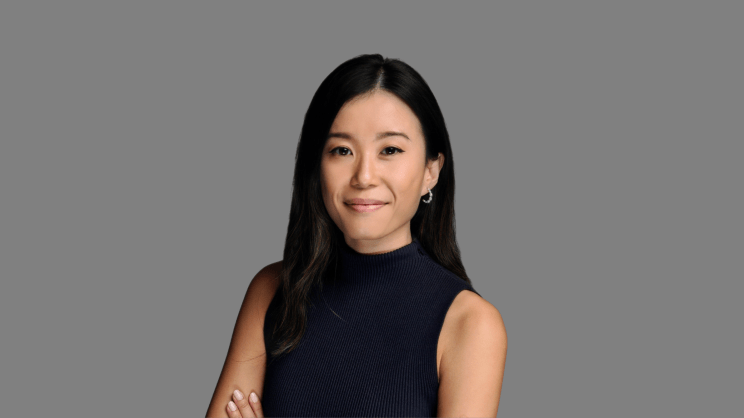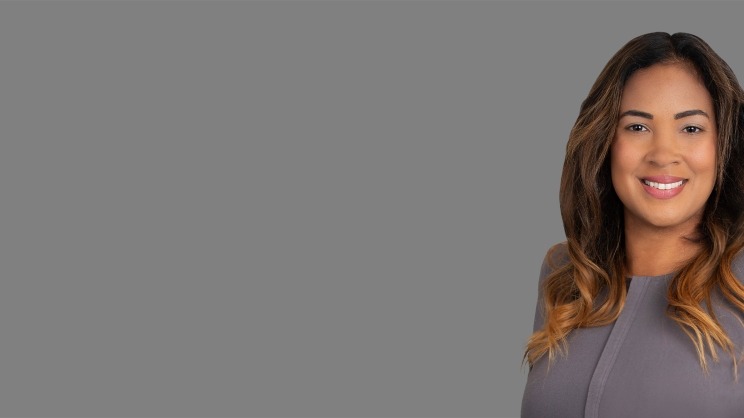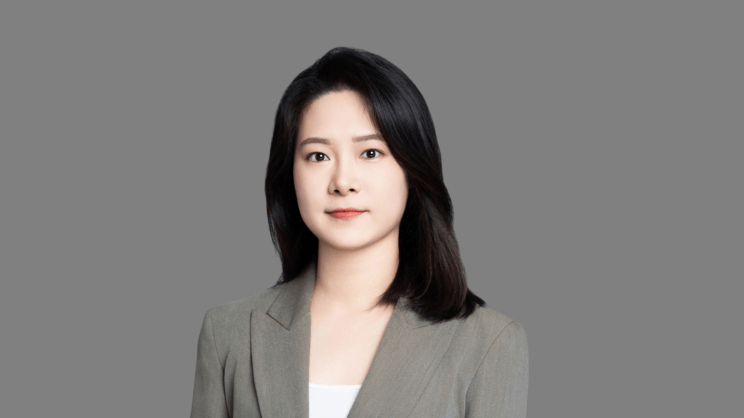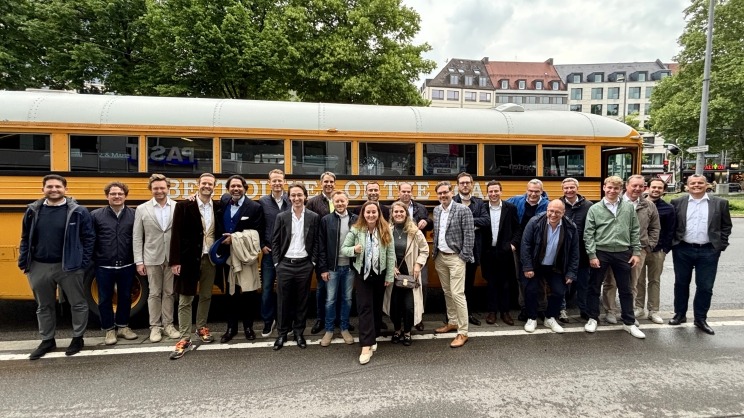Campus Spotlight: Mahnoor Malik
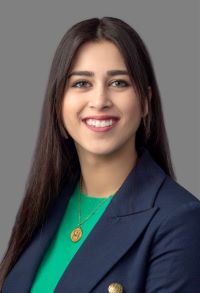
Mahnoor Malik is a Consultant with Alvarez & Marsal’s (A&M) Corporate Performance Improvement (CPI) practice in Houston, Texas. She earned a bachelor’s degree from the University of Texas at Austin.
In the following Q&A, Mahnoor shares the importance of work ethic in her career, the non-traditional route she’s taken to consulting, the culture at A&M that attracted her and how her A&M mentors have supported her.
What skills or experiences did you gain in college that have been valuable in your career thus far?
Work ethic has been the most important skill I gained during college and has had a monumental application in my work. A strong work ethic goes a long way, and, in my case, I can now adapt to projects that demand heavy hours of my time because I built the foundation for it early on.
What led you to pursue your chosen field of study?
I had a non-traditional route; I was going to be a doctor. I loved the sciences, but I also loved business. With one foot in each boat, I asked my parents to allow me a gap year to explore business. As I delved deeper, I found consulting. I enjoy work environments with something new to look forward to every day. With consulting, I consistently tackled new problems and different settings. There’s never a dull day.
Why did you choose to intern at A&M?
I had heard great things about A&M regarding its prestige, entrepreneurial spirit and welcoming culture in college. A&M also had a large office in my hometown of Houston, Texas, where I wanted to stay long-term. Finally, wanting to get exposed to the consulting world, I knew interning at A&M would be the right move.
Why did you choose to join A&M full-time?
I had a phenomenal experience as an Intern. Despite interning in a “Covid-19 era” where everything was virtual, my Intern class and I were able to work together so well, and many of us are close friends to this day. Apart from the comradery and welcoming nature of the firm, I felt like A&M truly invests in its college hires. It doesn’t matter if you don’t know something initially because you’ll be taught. Additionally, the entrepreneurial nature of the firm being a flat structure spoke to me. I found very influential mentors early on, saw a lot of career growth here and could build a versatile skill set which ultimately led me to accept a full-time role.
How did you start your career, and what were some of the biggest challenges you faced early on?
When I started, I was immediately put on a client engagement with a key account to help build a shared services model and assess the client’s procurement process. Having never done this before, there was a learning curve I had to overcome. My biggest challenge early on was navigating sitting in a room filled with senior client executives while fresh out of college. Learning to drive and sometimes practice presenting during meetings was a challenge. However, I made it a goal to work as hard as possible to learn from my mentors, and with time, I developed these skills.
What do you consider to be your biggest accomplishment so far in your career?
I was helping project-manage for a large energy client undergoing a divestment. In the middle of my project, my manager departed the firm leaving a gap in our project team. Entrusting me with the work, the client chose me to take on the lead role to finish the rest of the project. I was an Analyst then, which was a very daunting task. Still, I worked very hard to ensure the project was being managed appropriately and that I met both the client's and my Managing Director’s expectations. The project successfully ended, and instead of rolling off, the client and I were able to identify new work, ultimately leading to selling an entirely new spin-off project. Being able to successfully identify and sell work at such an early career stage has been a huge accomplishment.
What advice would you give to university students looking to work in consulting?
If you like to think quickly on your feet and problem-solve in different environments and scenarios, then consulting is the right direction for you to explore. Being a successful Consultant also requires heavy organizational skills, data modeling skills and the ability to adapt to different settings quickly. Make sure you develop those skills early on, and you’ll have a well-rounded skill set going into this career.
In hindsight, what advice would you give your college self or other recent graduates about navigating the transition from school to work?
In school, you have weeks to study for an exam. In consulting, you are always studying the client. As you transition from being a student to working full-time, realize that you need to be fully engaged in every meeting and every deliverable, and you must learn quickly and efficiently about the client, project background and your role. With that, you must learn to organize yourself in a way that allows you to meet your project team and client needs.
What are your career goals and aspirations for the next few years?
As I look towards the next few years, I’d like to continue building my project management skill set and transactional work experience as a utility player. I’d also like to give back to the firm that has invested in my learning by ensuring I am actively involved in developing and mentoring new hires and junior folks at the firm.
What are the most important qualities for success in your field, and how do you cultivate those qualities in yourself?
Strong analytical and organizational skills, time management, patience and adaptability. I cultivate analytical skills daily by reading the latest industry and market trends and participating in learning courses for new data modeling software. Organization is key, and planning my week’s schedule for external and internal activities helps. Each client is somewhat different; some require more patience than others when developing a positive relationship. I try to remain patient and ready for change at any moment in each engagement because that is the nature of the work.
Can you tell us about a mentor or advisor who has influenced your career development, and what did you learn from them?
Managing Director Renee Klimczak, Managing Director Richard Holt and Senior Director Mike Harrison have been extremely influential in my career development. These mentors have seen me develop and coached me from the beginning of my career. They’ve pushed me to continue pursuing my goals, to be confident, helped me practice how to best engage with different clients and continue to provide me constructive feedback.
How do you approach networking and building professional relationships, and what tips would you offer to others starting out?
I consider networking and building professional relationships like building any other relationship. This process shouldn’t be forced but comes naturally with time and regular engagement. For starting out, I’d recommend not being afraid to reach out to more senior-level folks to introduce yourself. It never hurts to offer a helping hand; you may also find a mentor in one of these individuals. Also, get to know your starting class, as you’ll find that you’ll become great friends with some of these folks.
If you had to eat only one type of cuisine for the rest of your life, what would it be and why?
Pakistani/South Asian cuisine. I grew up eating this cuisine; a good naan and butter chicken are the ultimate comfort food.
What are some fun facts about you?
I once made a viral video on the Houston freeze, racking up over four million views. I also played tennis throughout high school and college and still have a mean backhand!
